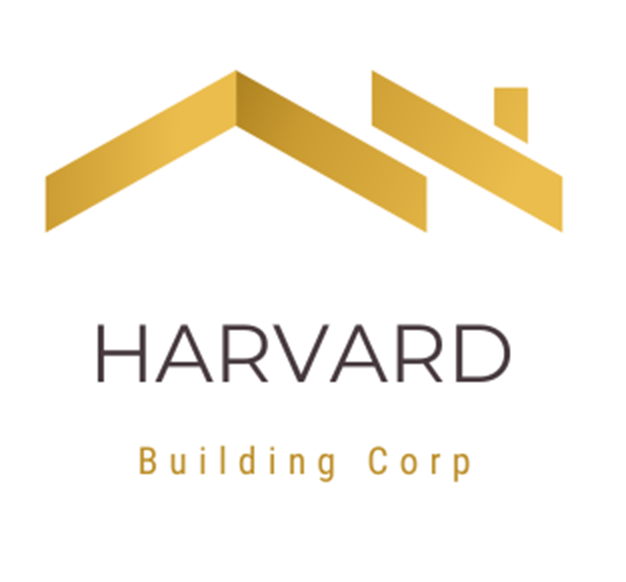Contact Us
If you have any unaddressed questions. We would be happy to respond with an answer or set up a meeting in person. One can setup an appointment by calling us or by email, although the fastest way to setup an appointment is by opening the chat window by clicking the blue icon in the bottom right-hand corner of the screen.
FAQs
Start by reaching out to us at either our phone (123-456-7890) or our email (dummy@harvardbuildercorp.com). We’ll schedule a time to quickly talk about your wants and needs, including a brief discussion about finances. Afterwards, we will schedule a meeting in person to go over your idea in more detail and confirm that you want to start this process.
That depends on a lot of factors, but mainly the size and scope of the project. A house that is an iteration of a previous design of ours and that is smaller could complete in a year or less. However, larger projects with highly specific design requirements can cause builds to take upwards of a year to two years. All of this is including planning and permitting.
We’ve done work all over eastern and central Massachusetts. We operate anywhere as long as our supplies and contractors can get there in reasonable time. The only areas of Massachusetts we will explicitly not work on are Nantucket and Martha’s Vineyard. Additionally, we are a Massachusetts company, as working in a different state would subject us to laws we are unfamiliar with. If neither of those apply to you, reach out to us to see if we’re a good fit!
This can be a complex decision that can be highly case-specific, but there are some common factors that come up.
First and foremost, what exactly do you want? The purpose of building a home is to get a result that more closely resembles your wants and needs list than exists on the market. We try our best to reduce the stress of the experience, but we won’t sugarcoat it: builds are significantly more stressful than purchases. Its a long, expensive process, but it yields the massive upside of having the opportunity to create your dream home with comparatively little compromise.
Second, what are your plans regarding your current house? If you currently rent, or if you can afford to stay in your current home during the construction of the new build, then this section shouldn’t affect you. However, if there is some kind of urgency behind the sale of your current house, we would discourage building. As construction nears the end, you may end up paying for two mortgages simultaneously. Some try to avoid this by timing the sale of their house with the end of construction, but his can lead to situations where you need to move into temporary housing, adding stress to the process.
Lastly, and buyers must judge this for themselves, what is your stress tolerance? Moving is stressful in general, but as mentioned before building has significantly more stress attached to it. Surprise hurdles like price fluctuations and bad weather can cause unexpected expenses that are completely out of anyone’s control, while buyers get the peace of mind of having these surprises baked in to the final price already.
With all of that said, a custom build can give homeowners satisfaction for decades. Building your dream kitchen with the exact layout and appliances you want, watching memories unfold in the family room exactly how you envisioned them. For the vast majority of people, a home is the largest most impactful purchase they will ever make, and so those who can afford it financially, and who can weather the stress, should build. To see some examples of our past builds, click here.
That depends on a few factors, first of which is the value of the home you are trying to build or purchase. If you get a conventional loan through a loan officer at a bank, you will probably be offered either a 75% or 80% LTV (loan to value) loan. This means that if your proposed house would cost $400,000 to buy, and you get a 75% LTV loan, you would have to pay 25% or $100,000 up front, and the rest you will pay in interest payments.
The interest rate that is applied to these payments is dependent on the second factor, your credit score. Generally speaking, anybody with over a 500 credit score can get a mortgage, but over 600 is definitely much better. A credit score of 680 or higher is optimal, while a credit score of 800+ gets access to the best possible lending terms in a conventional bank mortgage. The federal interest rate will also influence these terms, so in a perfect world, you would want to get a loan when federal interest rates are low. In reality, trying to time the market like this may not work out as well as planned.

